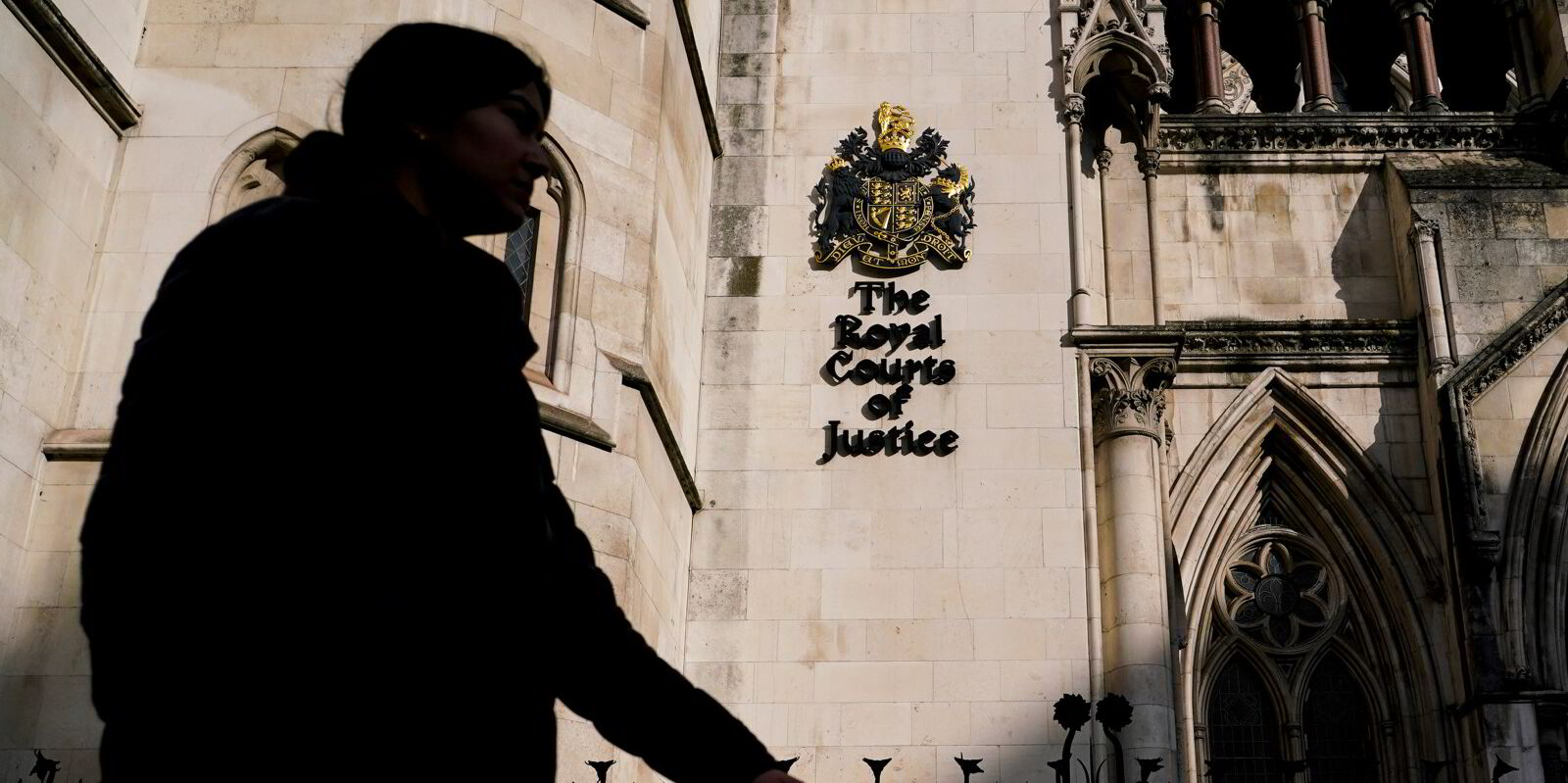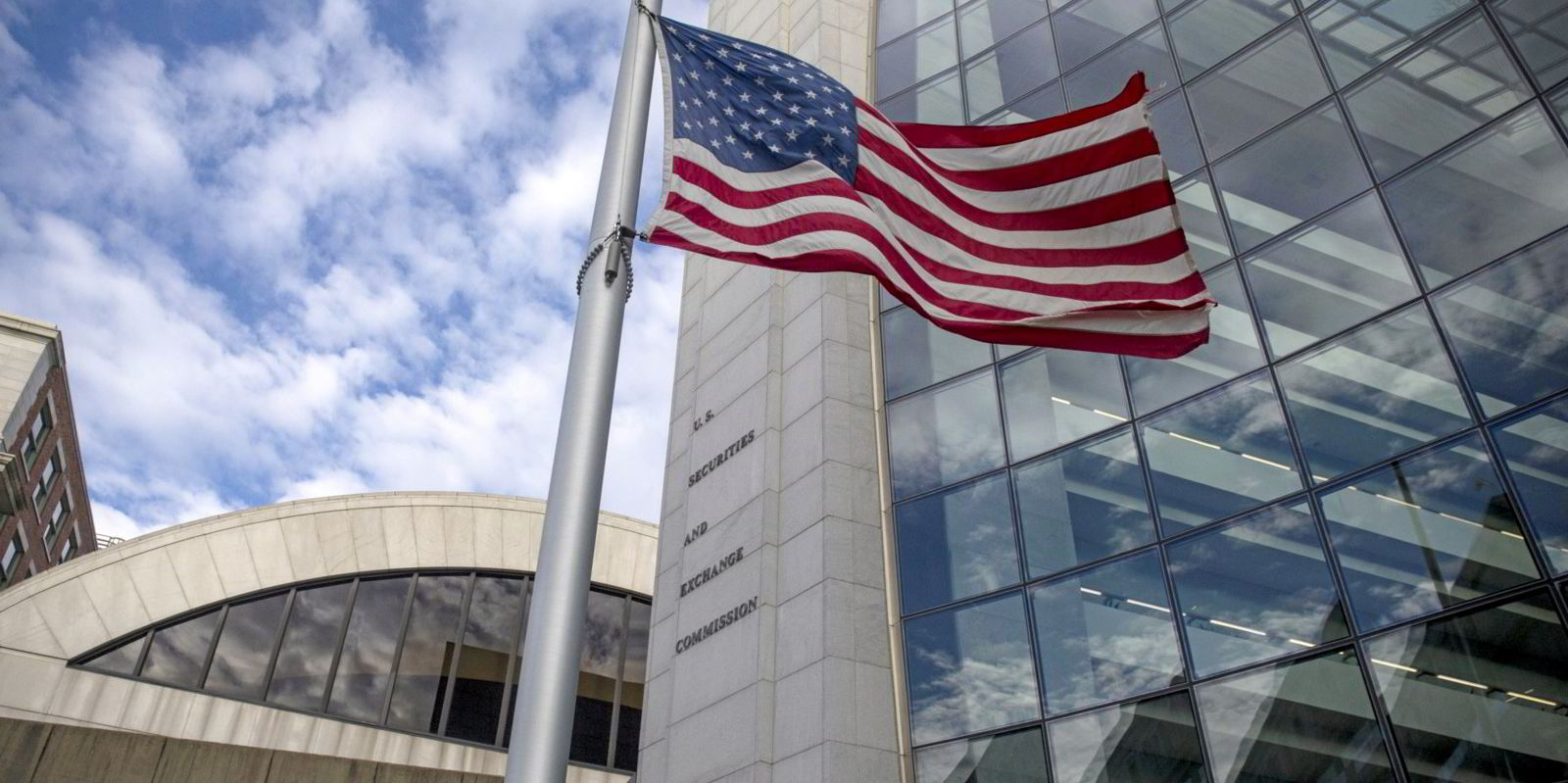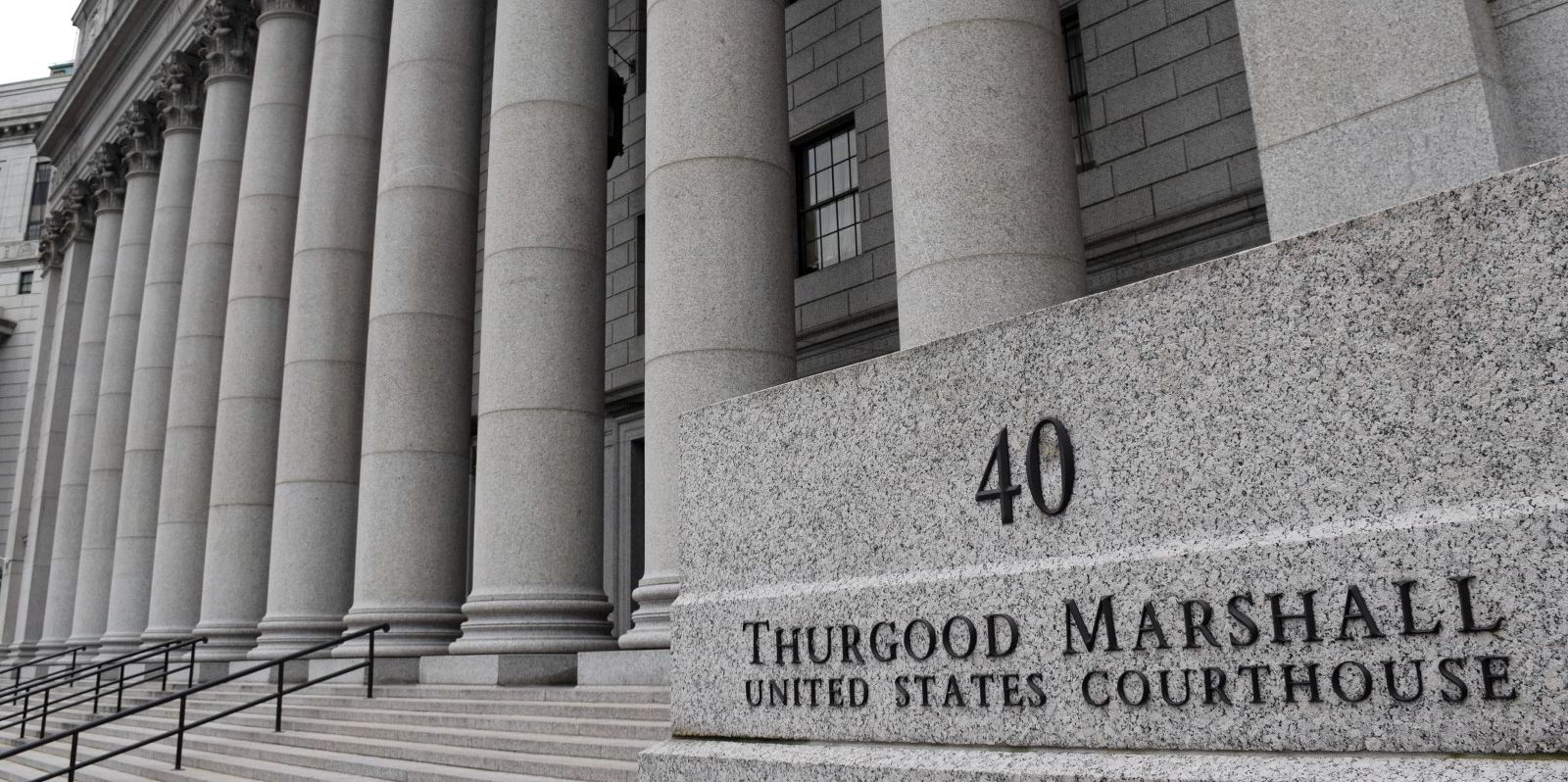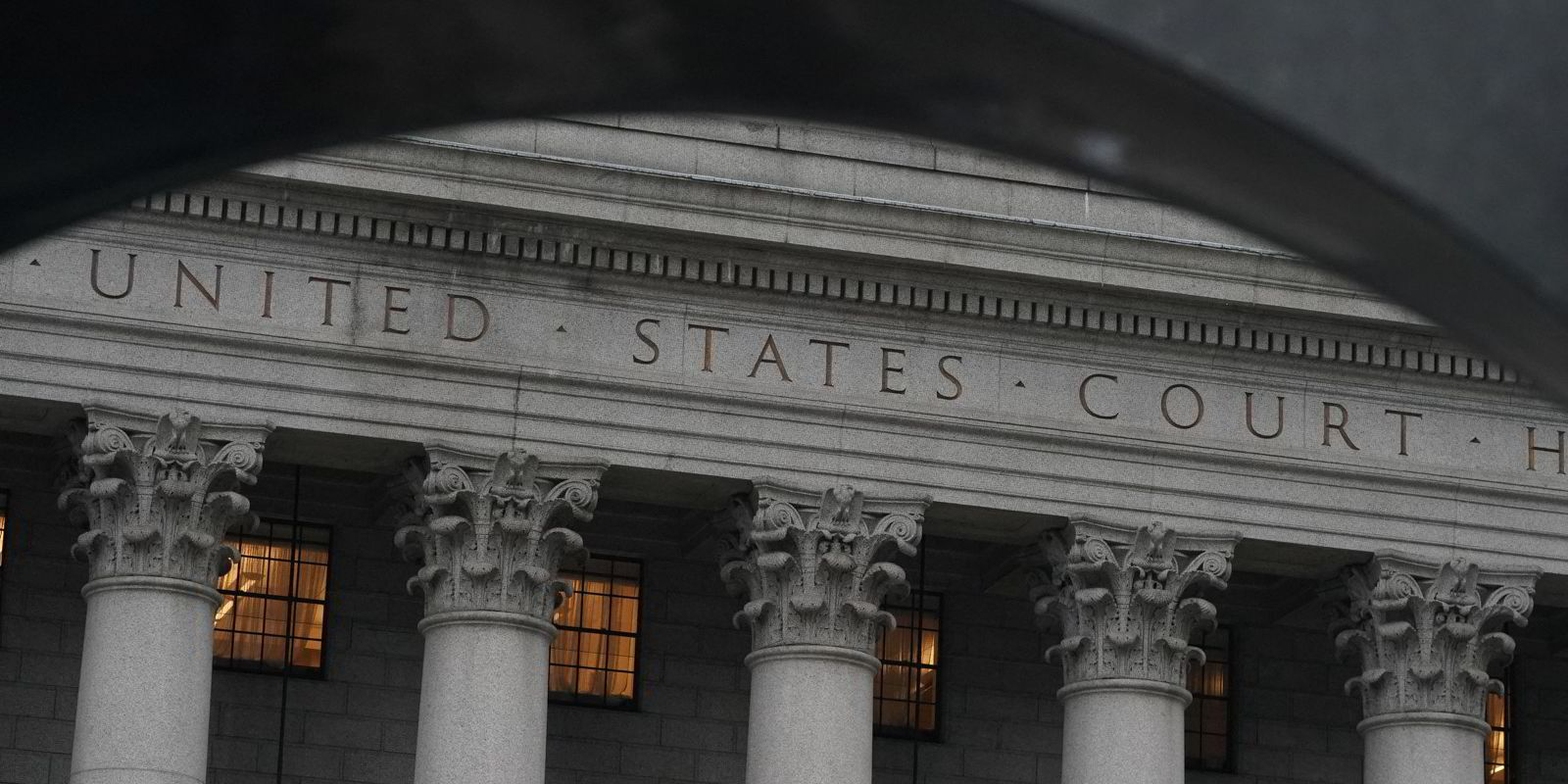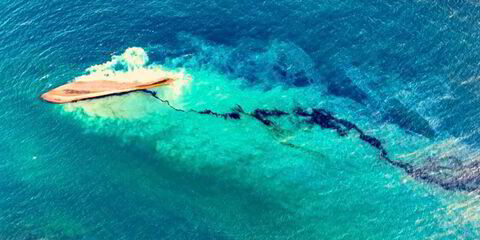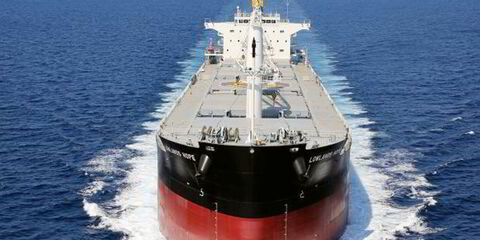Dubai-based businessman Tahir Lakhani lied about his assets and inflated his personal wealth to secure $45m in funding for a now-collapsed ship recycling venture, according to an English High Court ruling.
Spreadsheets suggest Lakhani added millions of dollars to his wealth and included family-owned property in a $46m personal portfolio so lenders would accept him as a guarantor for loans to buy ships for recycling, a judge ruled.
The court heard some of the properties that had large mortgages were of significantly lower value than he claimed.
One Karachi villa said to be worth $4.4m had been listed in another internal document as worth $990,000 and belonged to his wife, according to the ruling.
The portfolio — covering properties in the UK, United Arab Emirates and Pakistan, cash, cars and business investments — included nine items that did not belong to him, said High Court judge Richard Salter in the judgment.
Salter said Lakhani’s evidence about the value of a home in the UK and the worth of his share in a separate business, Dubai Trading Agency, was “evasive and incredible”.
“I am an old-fashioned person who is head of his family and I wrongly in hindsight believed all of the assets came under my umbrella and therefore ultimately belonged to me,” Lakhani told a hearing in March. “I did not give much thought to what was actually mine.”
The ruling found in favour of lenders, including private equity firm Njord Partners, and against Lakhani and his son Ali.
Ali was described as the chief executive of North Star Maritime Holdings, a St Kitts & Nevis-registered company. Astir Maritime, a wholly owned subsidiary, received the loan payments.
Astir defaulted on loans for nine ships from late 2018 that had already been scrapped to repay other loans during what Lakhani had hoped would be a temporary downturn in the market, the ruling said.
But in September of the following year, the lenders refused further transactions until outstanding amounts were repaid.
Five months later, liquidators were appointed for North Star. A judge in England subsequently froze the assets of Tahir and Ali Lakhani.
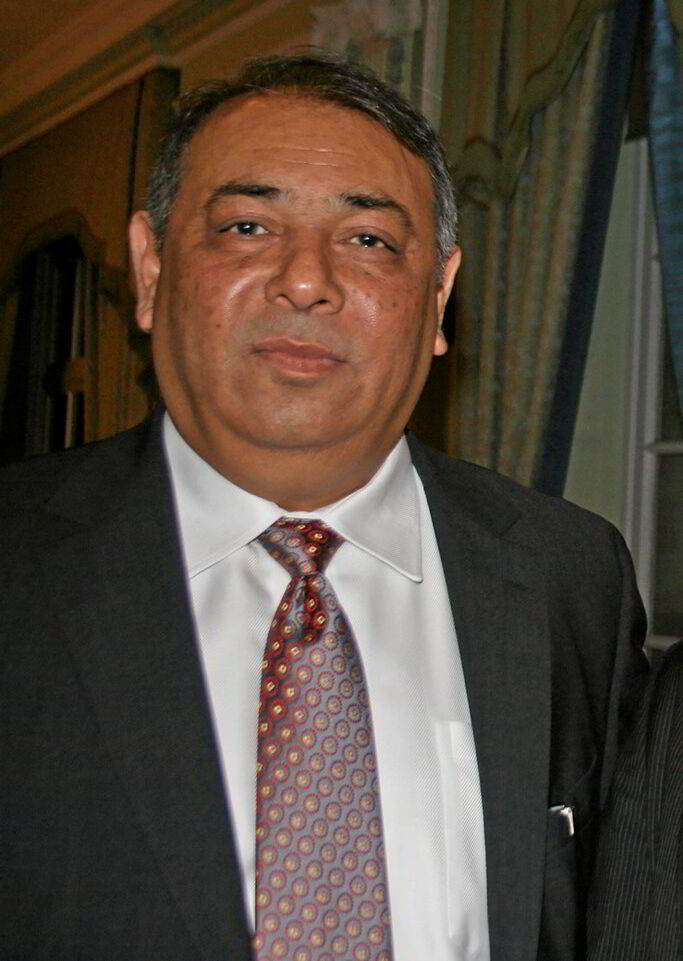
The lenders sued, leading to a civil trial in March this year. Tahir and Ali Lakhani gave evidence from Dubai via videolink as they were subject to travel bans because of previous rulings.
Tahir Lakhani “was, at times, disarmingly frank in the way that he admitted deceiving Njord”, the judge said. “At other times, however, his answers seemed to be calculated ones.”
The judgment was the latest in a series of reversals for Tahir Lakhani.
The lenders had won a ruling against him in 2020 and Salter said there was no downside for him in taking the blame in this latest case to try to exonerate his son.
“Tahir clearly realised this, and equally clearly wishes to shield his son,” the judge said.
“Tahir is plainly an astute businessman … He was also plainly a man used to getting his own way, and one prepared on his own admission to lie in order to achieve his ends.”
Ali Lakhani had denied involvement in a plan to deceive the lenders.
Father in control
He claimed he had no power to make any decisions in a business dominated by his father and spent his time watching YouTube and waiting for instructions.
He told the court that delays were part of the business. “My father always had problems with delays in the business,” he said. “There would be problems with vessels, he would be screaming.”
The judge ruled that the pair were both implicated in a plan of deceit to delay repaying loans while knowing that ships had already been scrapped.
Some money had been recovered from the sale of properties and a bank account, the judge said and he found that the lenders were entitled to recover $32.2m.
Lakhani said after the ruling that he remained committed to repaying North Star’s debts.
“Under significant financial pressure, I put the company into voluntary liquidation in 2020 and immediately began working to negotiate settlement terms with creditors.
“My sole focus since then has been to work with transparency, integrity and honesty on reaching terms with the remaining creditors.
“These lenders have refused to enter into negotiations, instead relying on freezing orders and attacks on my reputation, which have constrained my ability to reach a settlement and to defend my legal position.
“I remain open to constructive dialogues with the lenders to achieve amicable terms of resolution. I hope they will recognise the upcoming potential in the recycling and shipping markets and work alongside me to ensure the debts can be paid.”
Read more
- Embattled Yieldstreet vows to fight on after US court dismissal of recycling case
- Judge throws out $87m Yieldstreet claim in fight over Lakhani ship recycling finance
- Crowdfunder Yieldstreet to face class-action fraud claim in court
- New twist in Lakhani litigation as Yieldstreet claims sons will have to turn on father over $77m loans
- Court finds against scrap buyer Lakhani in $47.3m summary judgment
